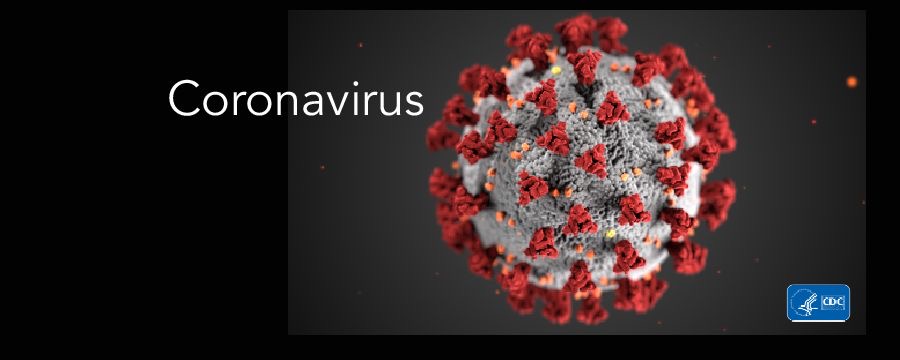Little Rock, Ark. – The Arkansas Department of Health (ADH) is working closely with local, state and federal partners to stay up to date on coronavirus disease 2019 (COVID-19) activity in the nation and the world. The ADH has plans and protocols in place to respond to public health threats and is continuing to work diligently to make sure the state is as ready as possible for this disease.
There are currently no confirmed cases of COVID-19 in Arkansas. However, it is still beneficial to create a plan to help protect yourself, your family, and your community should the virus spread in the state.
Unfortunately, there are going to be rumors about cases of COVID-19 in communities. The ADH takes these rumors seriously and works with health care providers to investigate. Please know that information will come from the ADH if there are confirmed cases of COVID-19 in the state or if there is a risk to the general public.
General Precautions
The best way to prevent the spread of infectious diseases is to:
- Avoid close contact with sick people
- Avoid touching your eyes, nose and mouth with unclean hands
- Stay home when you are sick
- Cover all coughs and sneezes with a tissue, then throw the tissue in the trash and wash your hands
- Cough and sneeze into your elbow instead of on your hand
- Clean and disinfect frequently touched objects and surfaces with a regular household cleaning spray or wipe.
Planning
Now is also a good time for businesses and schools to prepare for the possibility of the virus spreading in the state by promoting healthy and safe environments that can slow the spread of disease. General preparations for organizations include:
- Making sure all sick employees or students stay home until they no longer have symptoms. Provide ways to work remotely or have policies in place to allow employees to miss days. Sick family members should stay home from work or school.
- Separating sick employees, students, or family members with respiratory symptoms like excessive coughing and sneezing from others, while encouraging them to cover their mouths while coughing and sneezing.
- Teaching proper sickness and hygiene etiquette.
- Performing routine environmental cleaning.
- Considering refraining from shaking hands.
The Arkansas Department of Health is receiving frequent questions about face masks. The CDC does not recommend wearing a surgical face mask if you are not sick. N95 face masks, which are different from surgical masks and are respiratory protective devices with a very close facial fit and the ability to filter airborne particles, are not advised for the general public. These masks must be properly fitted to work, and they make breathing difficult when worn for an extended amount of time. Children should not use N95 masks.
